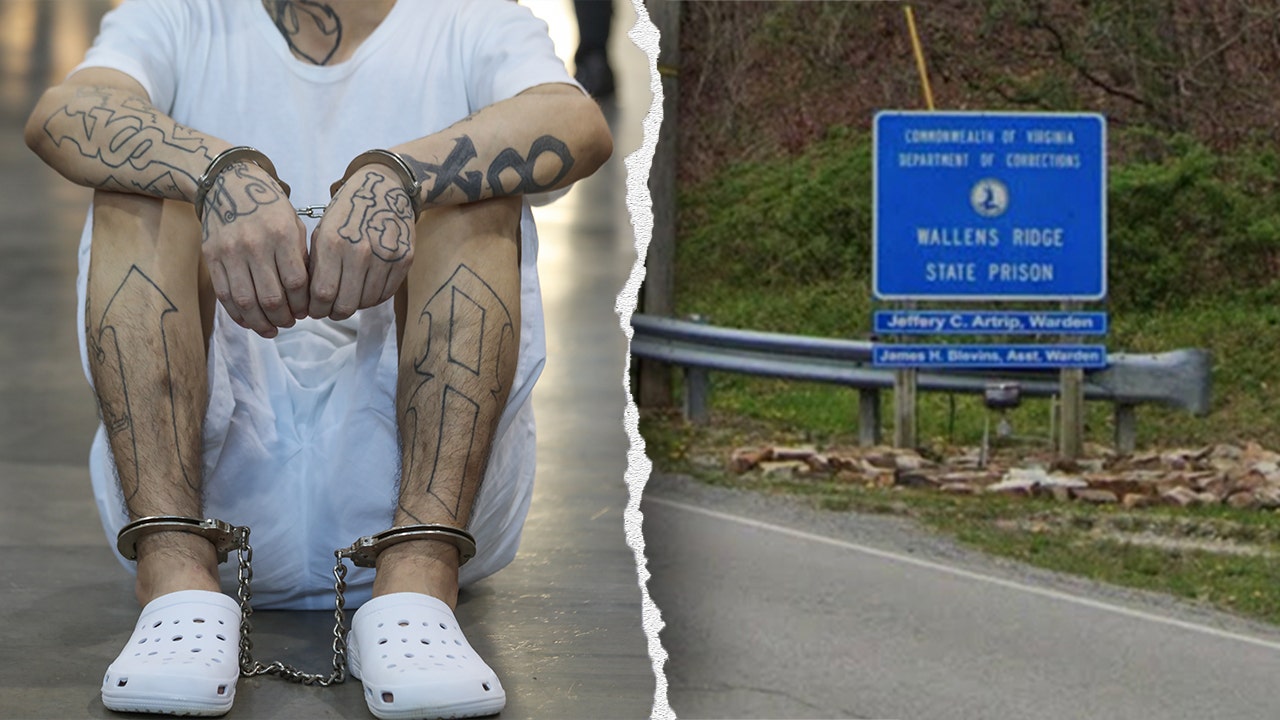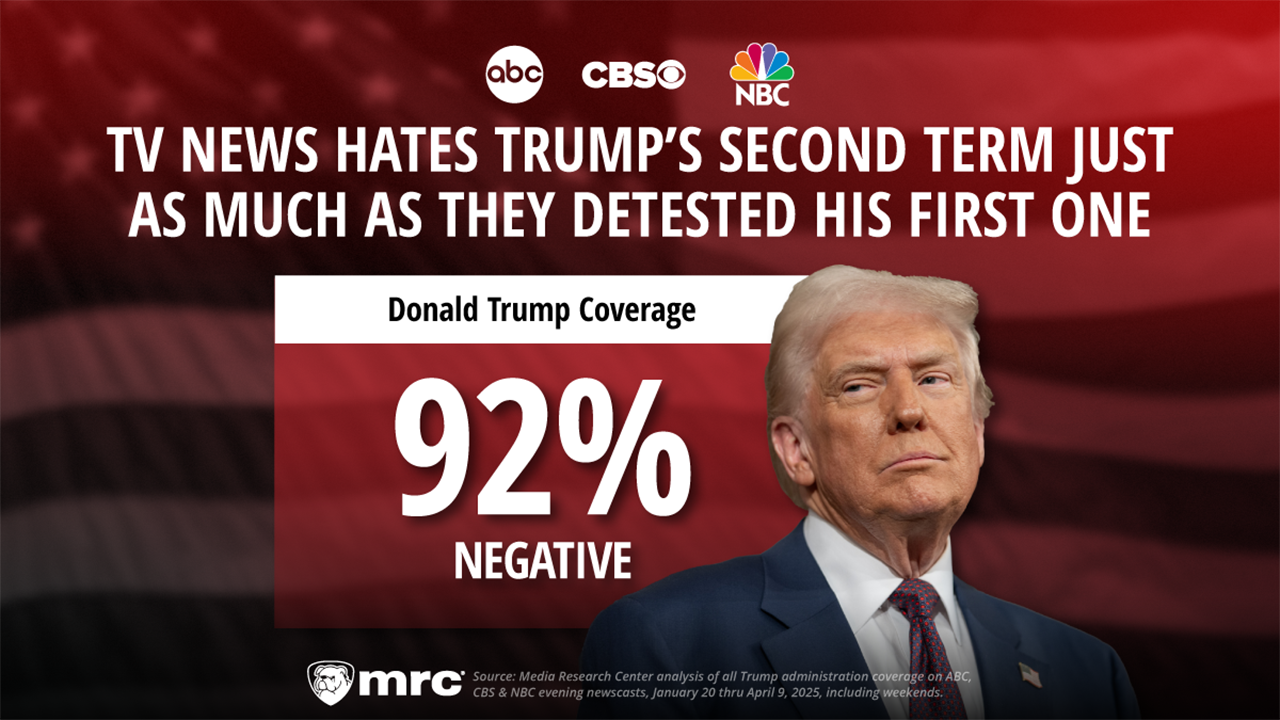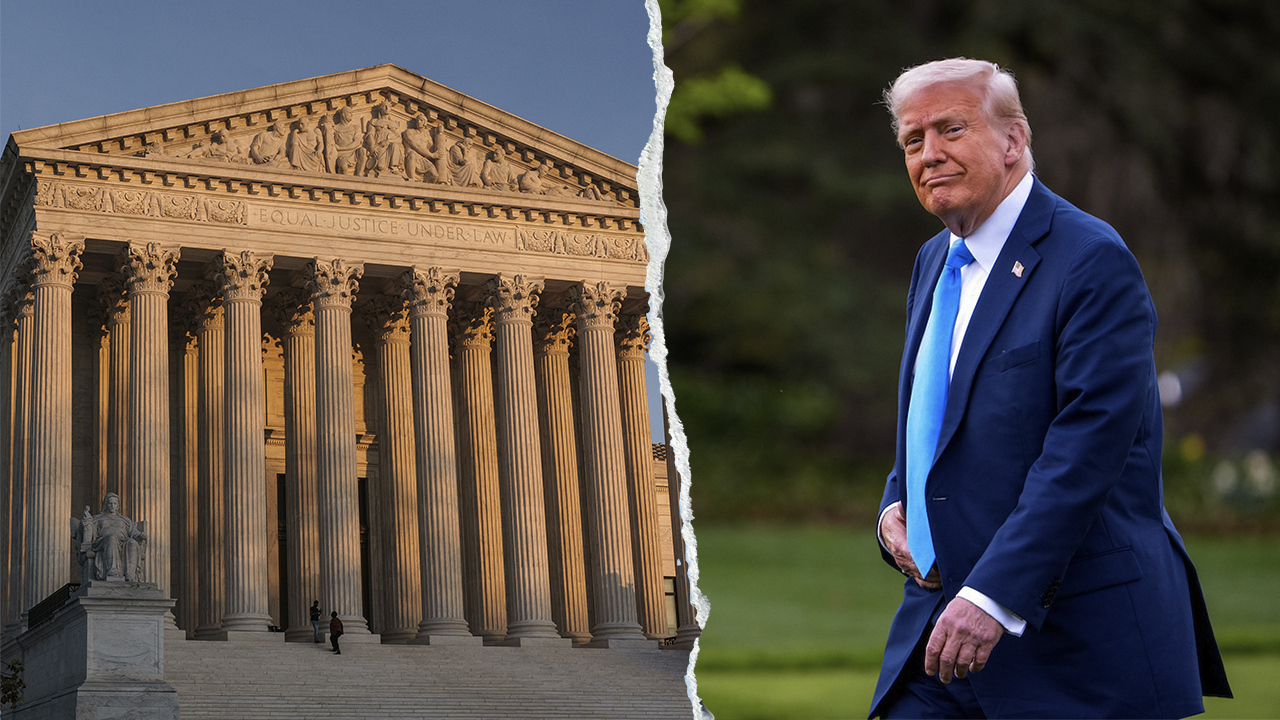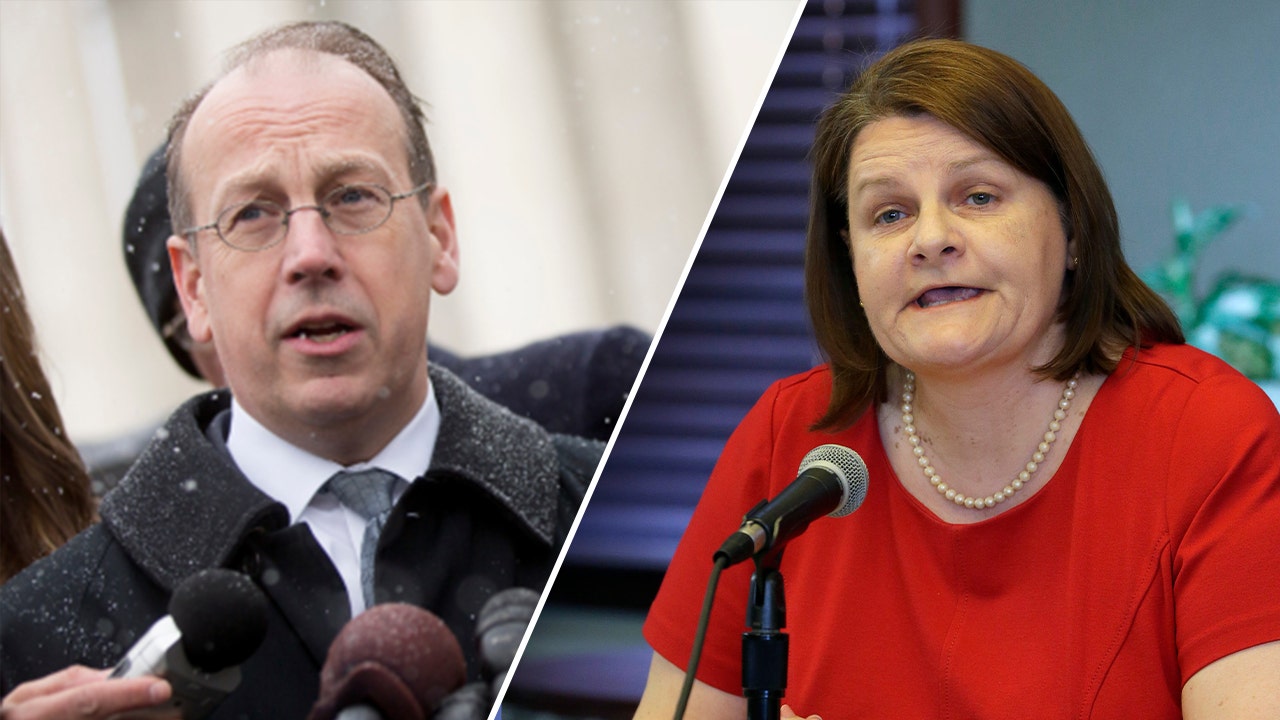The Big Ten Conference has told an Illinois state court that it would suffer “competitive harm” if communications exchanged by its Council of Presidents and Chancellors (COP/C) through a third-party software system were subjected to state open records laws.
The league’s position supports the University of Illinois’ effort to dismiss a public records lawsuit filed against it by a Sportico reporter. At the heart of the case is whether any communications sent or received by U of I chancellor Robert J. Jones, via the Big Ten’s BoardVantage portal, qualify as public records under the Illinois Freedom of Information Act (FOIA).
The university, in a motion for summary judgment, asserted that communications conveyed over BoardVantage, a Nasdaq product, are categorically immune from public disclosure.
“The administration of the Big Ten—a private organization—and its regulation of athletics for students of its member institutions is not ‘public business’ under Illinois law,” the university wrote in filings in March.
As part of its motion, Illinois included declarations from two Big Ten officials—senior vice president Chad Hawley and director of policy Fred Krauss—who claimed that the conference does not perform governmental functions on behalf of its 18 member universities, all but two of which are public schools.
“Although members of the COP/C and the COP/C executive committee are also employees of a Big Ten member institution, their roles with the Big Ten are separate and distinct form their roles with the member institutions,” Hawley wrote. “As director of a Delaware corporation, each member of the COP/C owes the Big Ten a duty of loyalty, which includes a general duty to maintain the confidentiality of information obtained through their service on the COP/C.”
In a separate declaration filed by Jones, the chancellor said that “to the best of my ability,” he has only used BoardVantage to communicate about Big Ten business. Jones acknowledged that he occasionally prints out documents he has received via the Big Ten’s BoardVantage platform, depending on whether the league makes certain records printable.
“I treat these printed out copies the same as any other Big Ten confidential information,” Jones wrote, adding, “once I read them, I put them in a shred box.”
Jones, who has served as Illinois’ leader since 2015, is set to step down next month before assuming the presidency of the University of Washington, another Big Ten member, in August.
Although the Big Ten signed its user agreement in late 2019, it began using BoardVantage in July 2020, just as the COVID-19 pandemic disrupted traditional operations. The platform, which offers document-sharing and messaging features, quickly became the primary tool for league presidents to confer on conference-related matters outside of in-person meetings and phone calls. In March 2021, The Washington Post reported that university administrators were deliberately using BoardVantage to discuss when Big Ten football teams should return to play amid COVID concerns—specifically to avoid having their communications subject to public scrutiny.
Notably, the University of Illinois had previously provided BoardVantage records to the same Sportico reporter in response to a 2021 FOIA request. At least one other Big Ten member, Ohio State University, has also disclosed documents from the platform.
On March 19—just nine days before the university moved for summary judgment in the Sportico reporter’s case—the Illinois attorney general’s office issued an administrative ruling in a separate FOIA dispute. In that matter, the AG found that the university should release a copy of the Big Ten’s most recent media rights agreement, despite the university’s claim that it did not physically possess the document. The university also made a similar legal argument to the one it’s used in opposing the disclosure of Jones’ BoardVantage messages.
Assistant attorney general Matt Goodman, writing on behalf of the state’s Public Access Bureau, concluded that the Big Ten media rights deal “directly relates to the governmental function of negotiating and entering into agreements for television rights to university athletic games and events.”
In its motion for summary judgment, the university dismissed the AG’s ruling as irrelevant, stating it “has no bearing on this dispute,” is “not binding on the university and this court,” and was “narrowly tailored” to the media rights agreement.
The BoardVantage records dispute comes amid growing uncertainty over where public responsibilities end and private interests begin in the world of college athletics. Just last week, the University of Kentucky announced it would become the first Division I school to spin off its athletics department into a wholly separate limited liability company. Despite the structural shift, the university told college sports newsletter Extra Points that the Wildcats will continue to comply with state public records laws.
Several state legislators have debated bills that would exempt college athlete NIL agreements from disclosure, even if those documents are held by public universities. A Colorado bill signed into law in late March fully exempts “any communication or material related” to athlete NIL contracts from the state’s sunshine provisions.
.png)
 German (DE)
German (DE)  English (US)
English (US)  Spanish (ES)
Spanish (ES)  French (FR)
French (FR)  Hindi (IN)
Hindi (IN)  Italian (IT)
Italian (IT)  Russian (RU)
Russian (RU) 






Comments